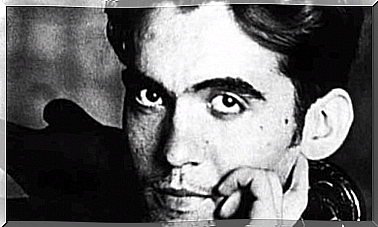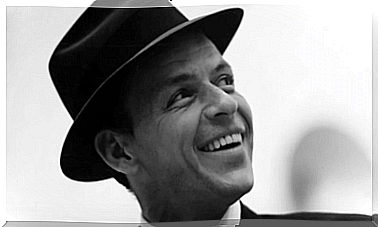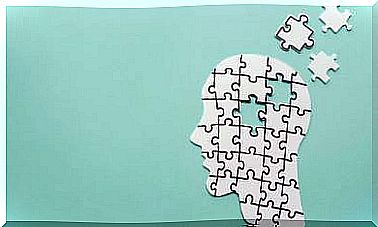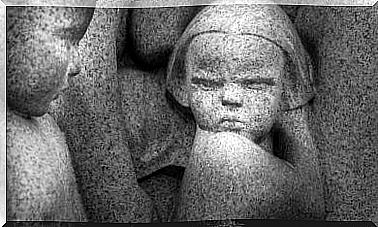Gertrude B. Elion, Biography Of A Revolutionary Pharmacist
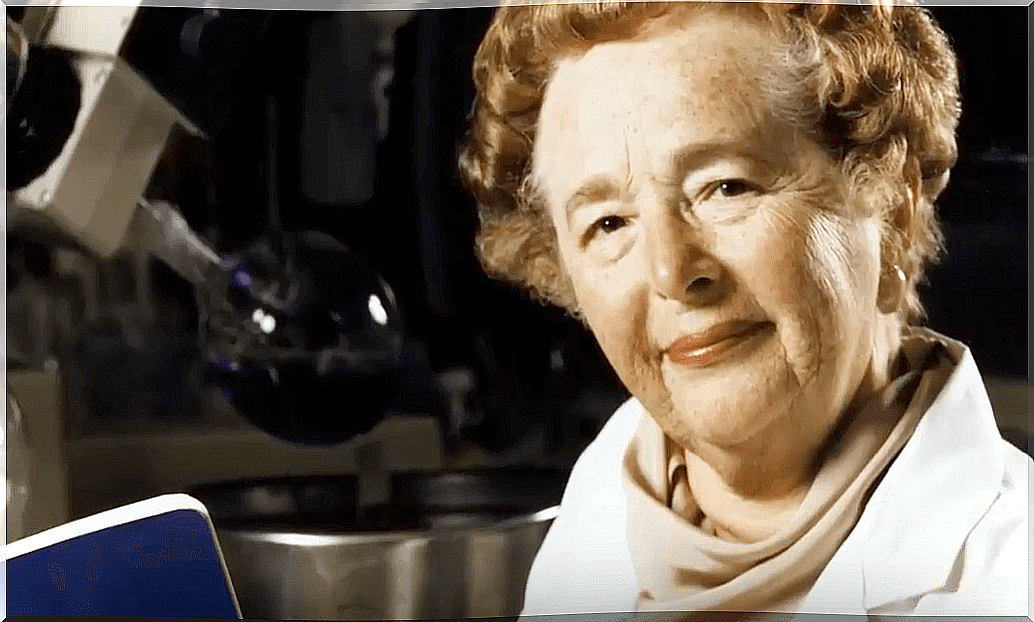
Although Gertrude B. Elion was awarded the Nobel Prize in Physiology and Medicine, along with her colleagues, in 1988, her name is not well known outside of her field of work. She is one of the 17 scientists who has obtained that award, but beyond this recognition, she was also one of those researchers who, with her work, has managed to save millions of lives.
Gertrude B. Elion was a biochemist and pharmacologist. Like many other women of her time, she not only had to grapple with the complexities of research and the mysteries of nature, but with the gender discrimination that was very egregious when she began her work. Fortunately, she was gifted with exceptional intelligence and relentless determination.
This woman dedicated herself body and soul to her work throughout her life. He never married or had children, because his work completely filled his life, it was his true passion.
This is how he pointed it out on one occasion: “it is important to dedicate yourself to the job that you would like to do; so it doesn’t seem like work. Sometimes you feel like it’s almost too good to be true for someone to pay you to have a good time . “
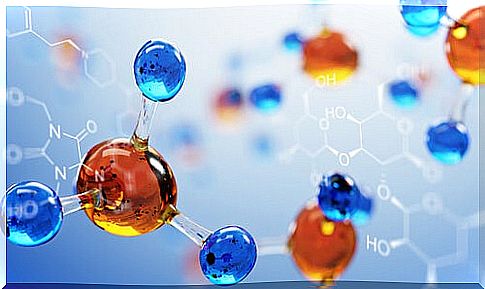
Gertrude B. Elion, an exceptional girl
Gertrude B. Elion was born on January 23, 1918 in New York (United States) into a humble family, who came from Lithuania, a region that, at that time, belonged to Russia. In the autobiography that she wrote when she received the Nobel Prize, she said that, already in her childhood, an insatiable curiosity was aroused in her in all fields of knowledge.
One of the engines of that curiosity was her grandfather, a man who knew how to see in her a girl awake and applied to her studies; he would become a fundamental pillar that would motivate her to continue with her academic life. She finished high school much earlier than other kids her age, and at 15 she was ready to go to college.
Gertrude B. Elion said in some interviews that she was not sure which profession to choose, she had many doubts because she was attracted to many disciplines at the same time. However, her beloved grandfather , with whom she always had a very close relationship, developed stomach cancer and died just as she was about to start her higher studies.
This event markedly marked his life and influenced what would be his final decision: to focus his studies in a field that would allow him to help save lives. In this regard, he pointed out that he did not tolerate the idea of someone suffering as much as his grandfather had. For this reason, he would endeavor to find the necessary means to relieve pain and fight death.
A difficult start
Gertrude B. Elion finally decided to study chemistry, but her father, a modest dentist, could not afford to study. In this way, Elion, thanks to his excellent academic performance, obtained a scholarship that he maintained until the end of his degree.
At age 19, he graduated from Hunter College, with top honors. However, it was one thing to graduate and quite another to get a job in your area.
It was not common for women of the time to dedicate themselves to science and, if they did, most of them worked professionally as teachers. The tasks focused on the research field were, fundamentally, male; women in this area could be counted on the fingers of one hand.
Thus, Gertrude also began as a teacher, since no laboratory wanted to hire her, and in 1939 she began her master’s studies at New York University.
Then came the Second World War and things changed for her. Many men had to go to the front and, as a consequence, a scientist like her could find her opportunity in a laboratory.

The enormous scientific contributions
Just when she finished her master’s degree, her fiancé died. This was one more reason to dedicate his life to what he had already decided: the research of new drugs to alleviate or defeat different diseases.
She hopped from lab to lab, until she was finally hired as George H. Hitchings’ assistant at Burroughs-Wellcome Pharmaceutical Company (now GlaxoSmithKline).
Hitchings had no gender bias and began working with her as just another colleague. Both began a series of investigations that allowed them to develop 6-mecaptopurine, a drug that is still used today against different forms of cancer. Gertrude wanted to do a doctorate, but it required complete dedication and, therefore, she gave up doing it.
Gertrude B. Elion and her colleagues also developed drugs for the treatment of malaria, gout, rheumatoid arthritis, and leishmaniasis. Later, Elion developed the famous Acyclovir, prescribed for different forms of herpes, and created the first medicine to treat AIDS.
Eventually, Gertrude received 25 honorary doctorates and numerous awards, including the Nobel mentioned above. He is believed to have earned virtually every accolade in the biomedical field. This wonderful woman died in North Carolina on February 21, 1999, certain that she had kept a secret promise she made to her grandfather.
